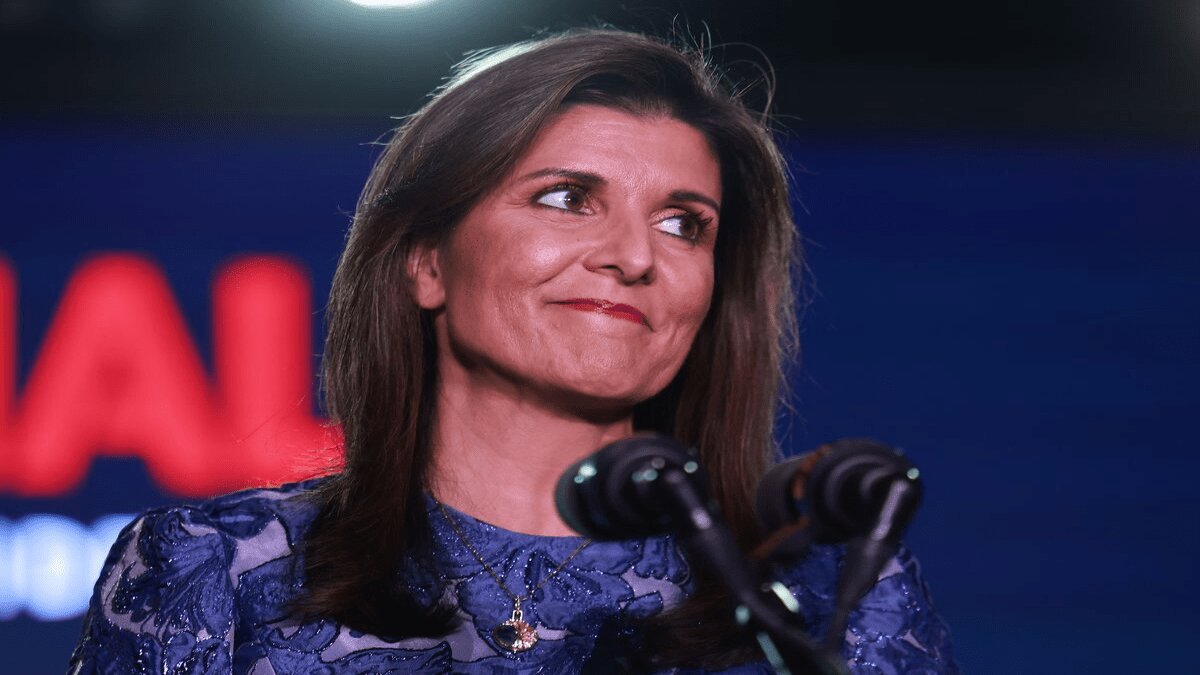In February, Nevada Republican voters are facing an unprecedented situation where they can choose from two distinct ballots for the 2024 presidential nomination. On one hand, the Nevada Republican Party is hosting a caucus on Feb. 8, featuring former President Donald Trump, Florida Gov. Ron DeSantis, businessman Vivek Ramaswamy, former New Jersey Gov. Chris Christie, North Dakota Gov. Doug Burgum, and pastor Ryan Binkley. On the other hand, the state-run primary on Feb. 6 will present former South Carolina Gov. Nikki Haley, South Carolina Sen. Tim Scott, and Vice President Mike Pence, along with some long-shot candidates.
While Nevada voters can participate in both the caucus and primary, it’s crucial to note that the 26 Nevada delegates, pivotal for determining the Republican nominee, will only be awarded through the caucus, not the primary.
The existence of these parallel contests stems from a conflict between the state GOP and a 2021 state law mandating a primary if more than one candidate files – a situation that unfolded in the 2024 race.
The dueling contests have led to a divided field of 2024 Republican candidates, with some major players opting for the caucus, and others, including Haley, Scott, and Pence, filing for the primary, effectively forgoing Nevada’s delegates.
The filing fee for the party-run caucus is $55,000, with an option for a reduced rate of $35,000 by conducting a fundraiser with the Nevada Republican Party. Candidates participating in the caucus opted for the reduced filing fee. Pence cited limited campaign resources when explaining his choice of the primary over the caucus.
Despite potential strategic considerations, some political experts argue that candidates forgoing the caucus risk leaving a negative impression on Nevada voters, especially given the state’s early spot in the 2024 nominating calendar. The unprecedented situation has sparked discussions about the potential impact on voter engagement and the candidates’ strategies in a state that has traditionally held caucuses.
As Nevada voters prepare for these unique dual contests, the state’s significance in the 2024 race takes center stage, with candidates employing diverse strategies to navigate the intricate electoral landscape.


